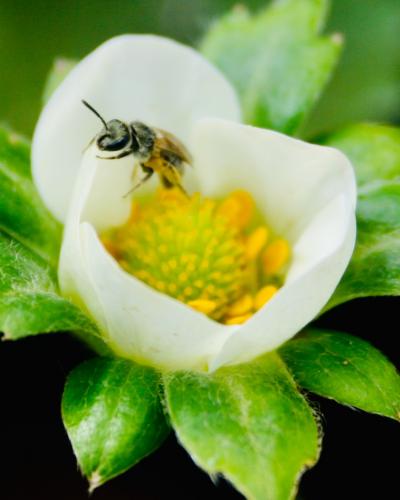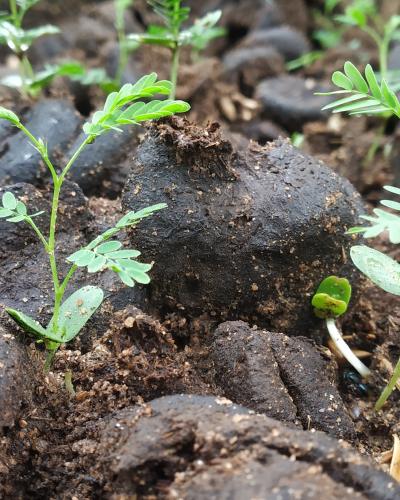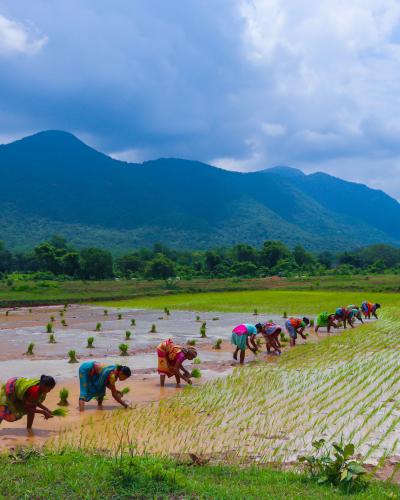When farmers increase the number of crops in their fields, this in turn changes the landscape, and wild pollinators stand to benefit, according to a paper published yesterday in...
Jul 12, 2022
Tomatoes produced in soils fertilized with fermented organic manures stay fresher for longer, and carry more firmness,...
Jun 27, 2022
Organic olives and their oil have a reputation for being healthier and more nutritious, and their demand has grown over...
Jun 14, 2022
Organic dairy cows are as healthy as their nonorganic counterparts when it comes to their risk for parasite infections,...
Jun 07, 2022
When modeling the benefits of replacing beef consumption with fermented plant protein, a study found that just replacing 20...
May 13, 2022
After learning that hungry chimpanzees feeding on maize fields bordering forests in Uganda benefit from the nutrition of...
Apr 27, 2022
For the first time, researchers evaluated if a statewide initiative that pushes all farmers in the state of Andhra Pradesh...
Mar 08, 2022
Avoiding harmful insecticides like chlorpyrifos (both for their own health and the health of farmworkers, who are directly exposed to these toxins in the fields) is one of the main reasons many...
Feb 08, 2022
New-generation pesticides are often developed to replace earlier, more toxic chemicals in effort to clean up the environmental and human health impacts of these older agricultural pesticides....
Jan 03, 2022
A study in the Journal of Agricultural and Food Engineering determined that using organic fertilizer produced from local sources of agricultural waste and manure results in comparable yields of...











